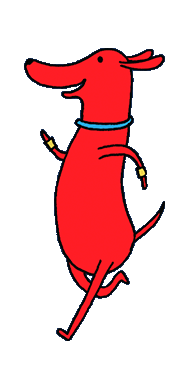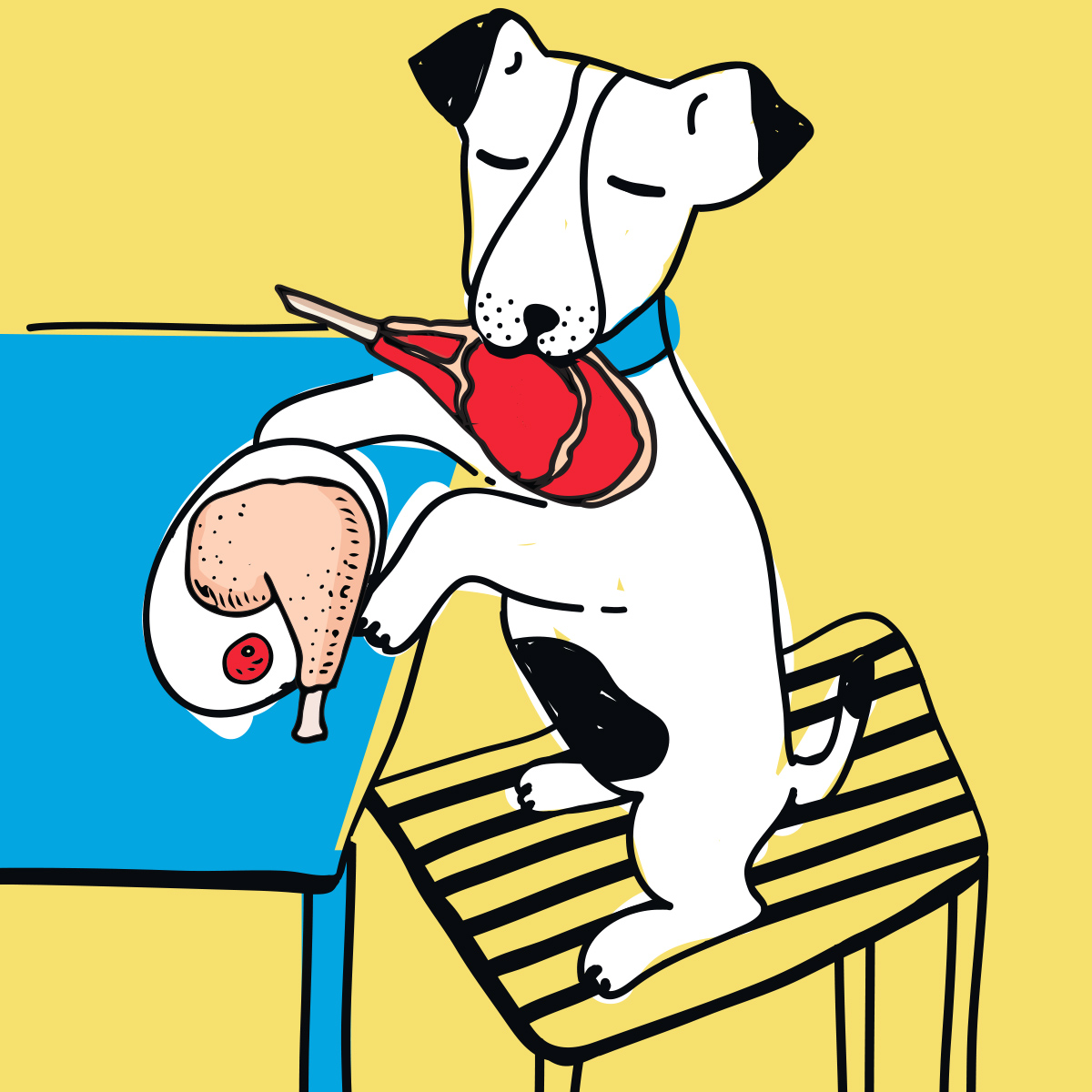Fatty Holiday Foods Can Mean Pancreatitis for Pets
Holiday dining often incorporates foods that are higher in fat and more heavily seasoned than summer fare. The season, after all, lends itself to turning inward to home and family. Our pets often join us as we celebrate, and we can be tempted to share our meals with our fur-babies.
Sara, one of our ICU technicians, reminds us that feeding our four-legged kids from the dinner table can lead to a serious medical condition known as pancreatitis: “Our pets may love the rich food we eat, but too often table snacks leads these guys straight to us!”
Just One High-Fat Meal Can Cause Pancreatitis
When a pet eats a high-fat meal, the pancreas can become inflamed and begin to leak digestive enzymes, a process akin to the organ digesting itself. Known as pancreatitis, this condition is common when pets have a diet that is consistently high-fat. But it only takes one high-fat meal to cause pancreatitis, as Barry (the white poodle pictured above) found out after eating a lamb shank as a special treat! Barry had many of the symptoms of pancreatitis, including lethargy, depression, vomiting, diarrhea, and a very painful abdomen.
Treatment for Pancreatitis
It takes a lot of love to help a pet through this illness. Pancreatitis is usually treated using supportive measures, meaning that The PARC veterinarians and techs work together around the clock to aggressively control a baby’s pain, and to hydrate and nourish them while giving the pancreas time to heal.
The best defense against pancreatitis is to ensure your pet is eating a diet that is not too high in fat. We know that giving our pets a special treat is one way we show our love, and that it can be hard to say no when our babies want a bite of our delicious meals. Replace bonding over food with bonding during a walk, and we’ll guarantee you’ll both feel better, play more, and love longer.


